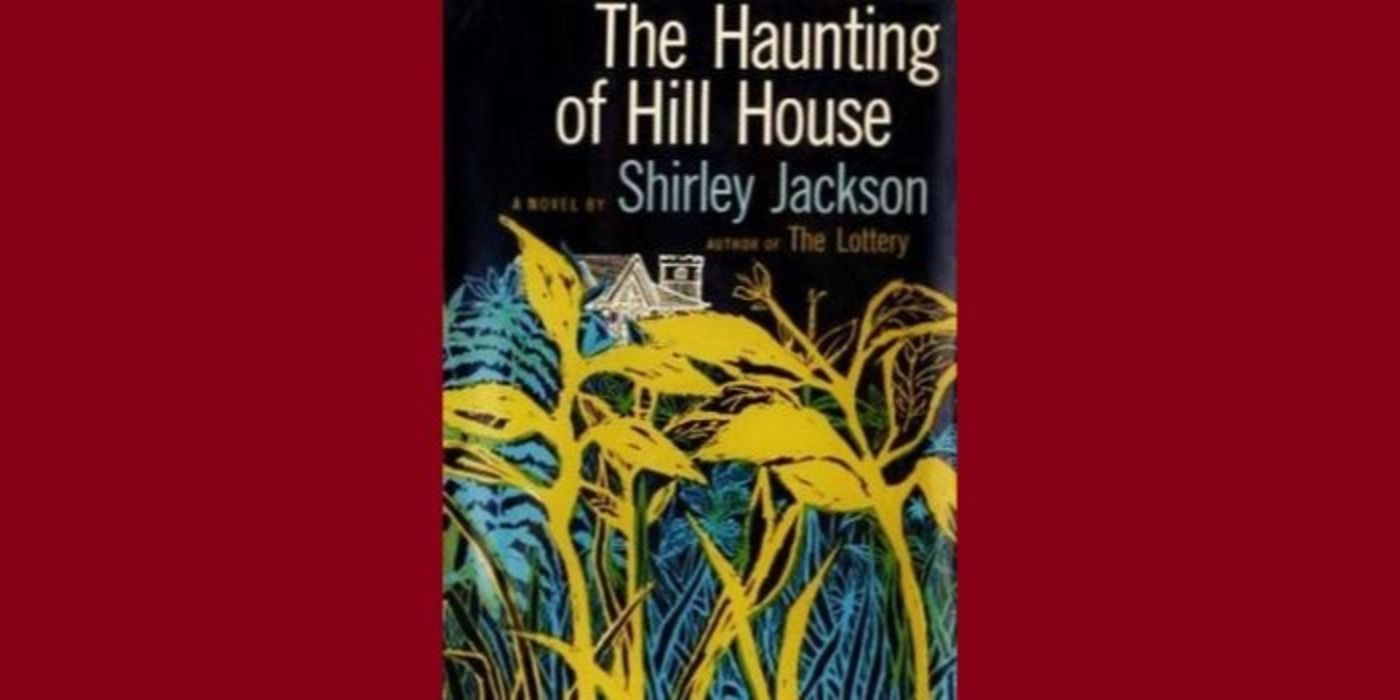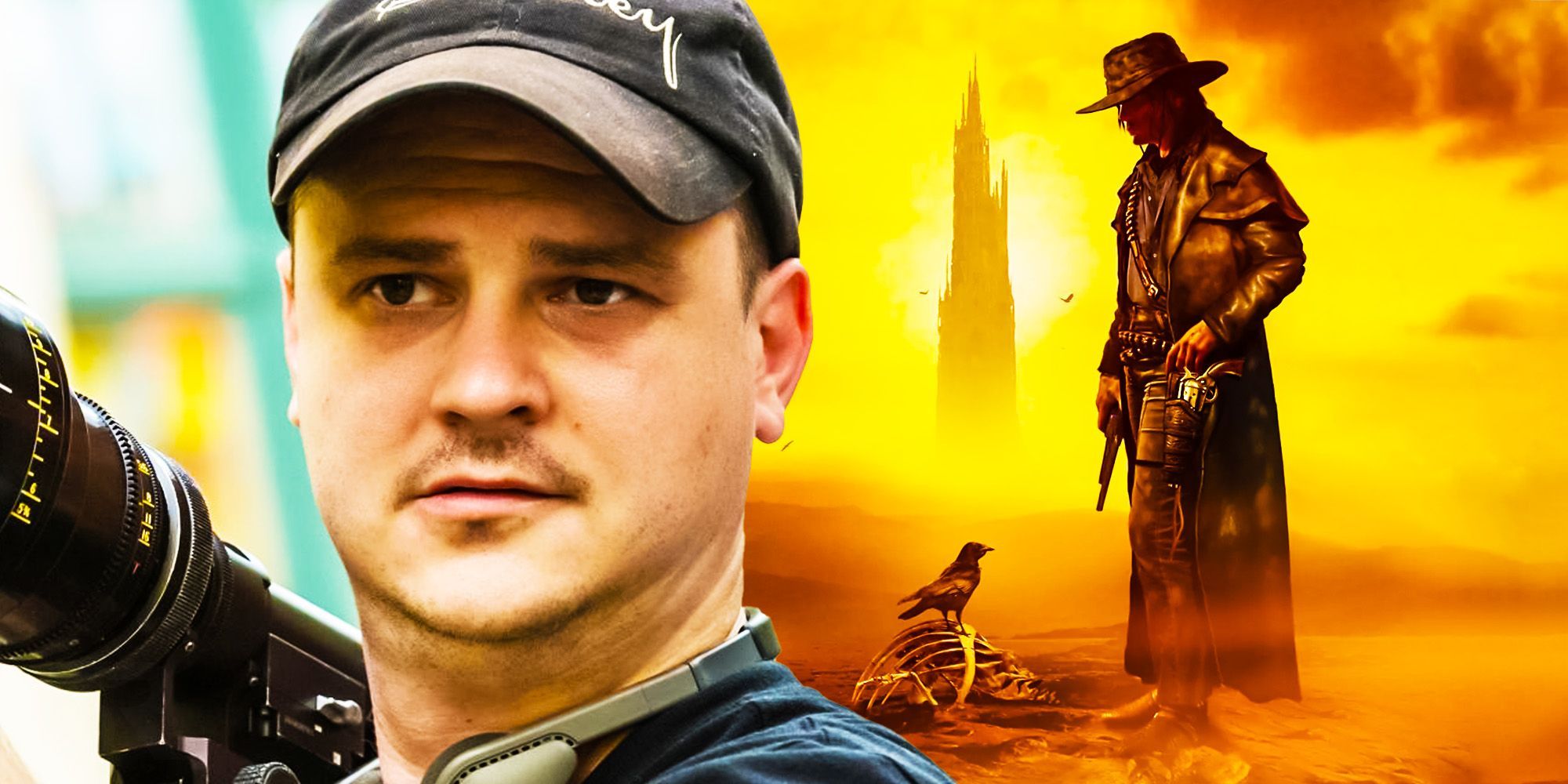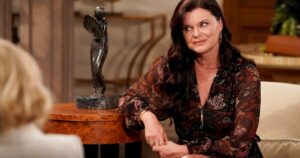Stephen King Loved This Netflix Reimagining Of A Horror Classic With 93% RT Score
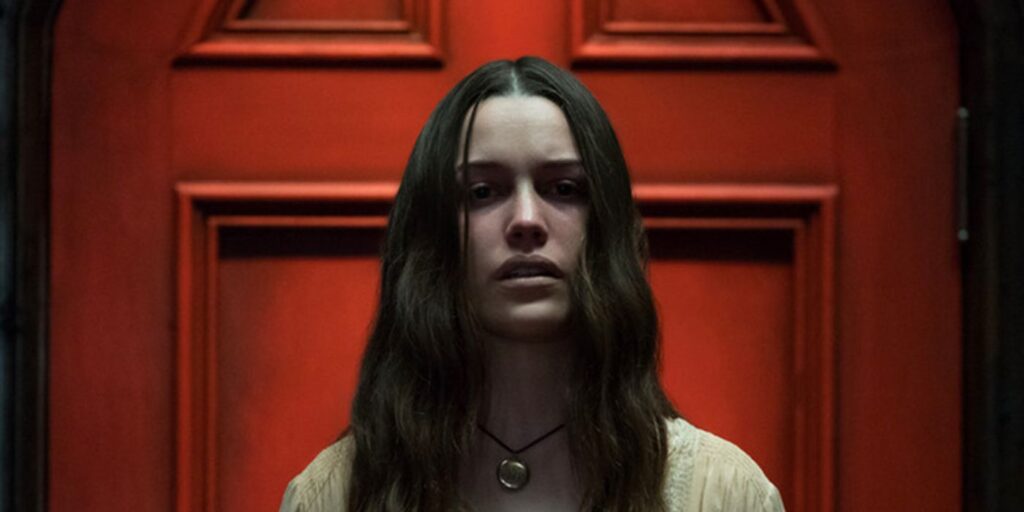
Stephen King is no stranger to adaptations of his work that butcher his stories, so his praise for Mike Flanagan’s reimagining of The Haunting of Hill House really stood out at the time. The Netflix miniseries, released in 2018, followed the dysfunctional Crain siblings in two storylines: as children and then as adults. In the current day storyline, they, along with their estranged father, are drawn back to the eerie house in which they experienced tragedy as children and are forced to confront that haunting past.
The Haunting of Hill House was a fantastic retelling, one of the best horror miniseries of all time, with an impressive 93% critic rating on Rotten Tomatoes, and an audience score that’s almost as glowing at 91%. At the time, it was praised for its innovative approach to reimagining Shirley Jackson’s classic tale, offering up a legitimately creepy and unsettling ghost story that nonetheless had real emotional weight and heft. Audiences and critics loved it, including one notable fan: Stephen King.
Stephen King Praised Mike Flanagan’s The Haunting of Hill House
He Doesn’t Often Like Revisionist Takes
In 2018, it was not yet clear how Mike Flanagan would adapt Shirley Jackson’s Gothic horror story. He had made a name for himself in the horror space, with a handful of well-received horror movies under his belt, but a series was something else. Horror fans need not have worried: The King of Horror gave it his stamp of approval, tweeting at the time, “I don’t usually care for this kind of revisionism, but this is great. Close to a work of genius, really. I think Shirley Jackson would approve, but who knows for sure.“
It’s high praise from King. While the horror author is known for his willingness to give his stamp of approval and share positive thoughts about other creatives’ TV shows, movies, and books, he’s also known for not liking revisionist adaptations. It’s understandable; revisionist takes often tend to miss the entire point of the original work or the author’s intent. That was certainly the case when Stanley Kubrick adapted King’s The Shining; the author’s infamous hatred of the auteur’s take on his work could power the sun.
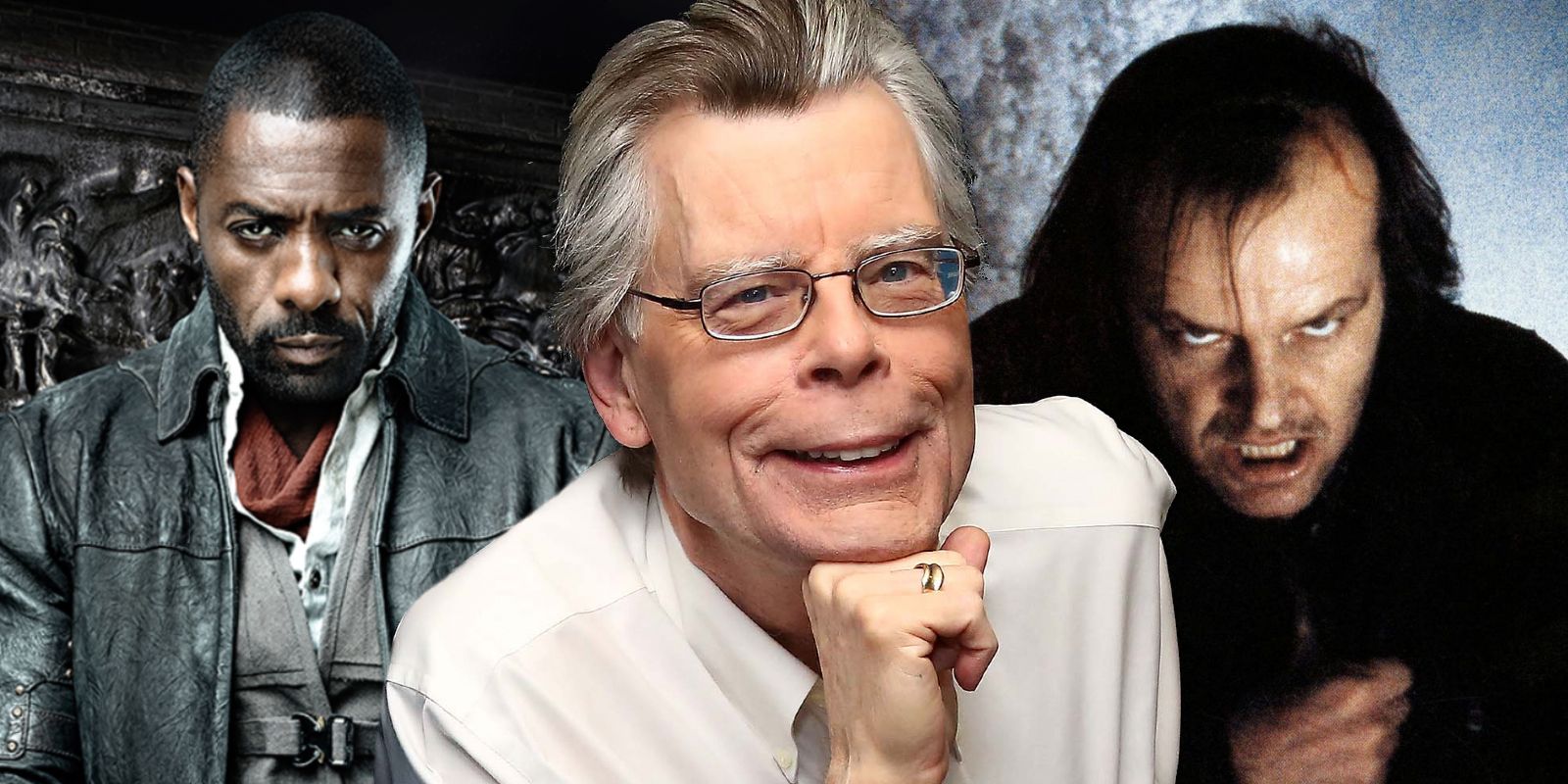
Related
Every Stephen King Horror Adaptation The Author Has Hated
From Kubrick’s The Shining to The Dark Tower to his own directorial debut, Stephen King has always called out adaptations he felt missed the mark.
The same goes for the 1992 adaptation of The Lawnmower Man, a movie so bad and entirely removed from King’s original story that King sued to have his name taken off the marketing materials – and won. While The Shining is excellent as its own thing and The Lawnmower Man is not, it’s impossible to argue that either one is faithful to the Stephen King books upon which they’re based. So, a lack of respect for an author’s original work cuts King to the quick, making his love of Flanagan’s reimagining all the more earned.
The Show Takes Liberties With Shirley Jackson’s Story – But They All Work
Flanagan’s Deft Weaving Of Pathos & The Ghostly Spun A Poignant Tale
Purists who demand fidelity to the original source at all costs may not like how Flanagan reimagined The Haunting of Hill House and its ending. He took liberties with Shirley Jackson’s work. The characters were the biggest change; what in the original book was a main cast of four unrelated characters drawn together in the haunted house became a more sprawling family, with the characteristics and some backstories of the book’s characters being dispersed through the Crain siblings. Likewise, while Eleanor Vance was the primary protagonist of the book, the Crain siblings were each given equal weight through various storylines in the miniseries.
While the haunting elements of Jackson’s work were more psychological, and its spirits more ambiguous and undefined, Flanagan’s specters were literal rather than figurative.
Flanagan also opted to bring the supernatural to the forefront in a more traditional sense. While the haunting elements of Jackson’s work were more psychological, and its spirits more ambiguous and undefined, Flanagan’s specters were literal rather than figurative, his retelling of The Haunting of Hill House a self-evident Gothic ghost story. Jackson’s unsettlingly claustrophobic psychological examination of Eleanor is replaced with the layered and poignant family drama of the Crain family.
Human drama and the psychological explorations of grief and secrets wrapped up in the dark trappings of horror is Mike Flanagan’s wheelhouse, and he used it to great effect in The Haunting of Hill House. While he had touched upon it before in his previous horror movies, with his first extended series, the writer-director really got the chance to shine, being given the room to fully explore thematic elements he hadn’t been able to with a shorter run time. He works his magic with Hill House, layering the drama and horrifying revelations to ratchet up the tension, leading up to The Haunting of Hill House‘s literally and figuratively haunting ending.
Mike Flanagan’s Work On Haunting Of Hill House Might Have Landed Him The Dark Tower
Flanagan Shares Similarities With King As A Storyteller
Perhaps it’s his success with The Haunting of Hill House that gave Stephen King the confidence to give Mike Flanagan his blessing a few years later when Flanagan asked if he could adapt The Dark Tower. Prior to Hill House, Flanagan had actually already adapted one of Stephen King’s books the year before: 2017’s Gerald’s Game. In fact, his next project after the Netflix miniseries was a movie adaptation of another Stephen King book, 2019’s Doctor Sleep. In those three years, Flanagan flashed similar core characteristics as a storyteller as King. Those two projects and The Haunting of Hill House showed the world – and Stephen King – that a Dark Tower series would be in safe hands with Flanagan.

